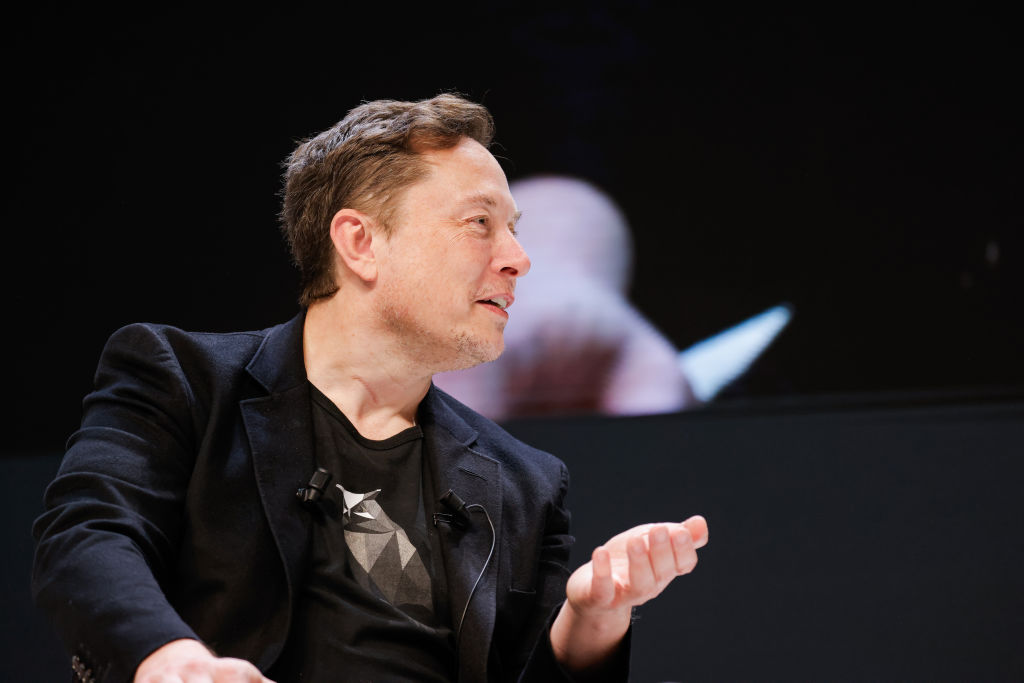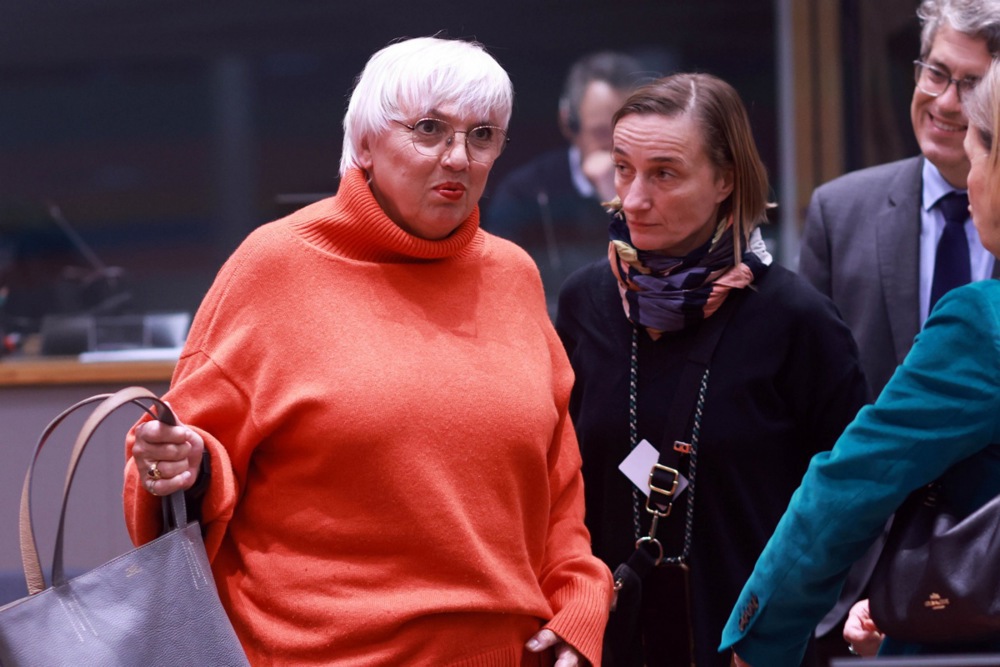Meta, the parent company of social media giants including Instagram and Facebook, has said it planned to “restore free speech”.
Its announcement on January 7 stated it would do so by ending its third-party fact-checking programme and transitioning to a Community Notes model — all the while taking a pointed jab at the European Union.
The company said its current EU content moderation practices have “gone too far”.
Meta’s owner Mark Zuckerberg praised the US for what he said was the “strongest constitutional protections for free expression in the world”. He contrasted that with the EU, where he claimed there was “an ever-increasing number of laws institutionalising censorship and making it difficult to build anything innovative there”.
Zuckerberg also pointed to other less democratic regimes such as those in Latin America, where, he said, “secret courts can order companies to quietly take things down” and China, which had censored Meta’s apps from working in the country.
He said the only way to combat what he called a global trend of censorship was by working with the US Government, which was hard under the progressive Biden administration. He said that was because it “has pushed for censorship … by going after us [Meta] and other American companies”.
This, Zuckerberg said, had “emboldened other governments to go even further”.
Under the incoming Donald Trump US administration, he added, there was “the opportunity to restore free expression”.
Here is the full video from Mark Zuckerberg announcing the end of censorship and misinformation policies.
I highly recommend you watch all of it as tonally it is one of the biggest indications of "elections have consequences" I have ever seen pic.twitter.com/aYpkxrTqWe
— Saagar Enjeti (@esaagar) January 7, 2025
In August 2024, Zuckerberg had admitted Meta was “pressured” by President Joe Biden’s administration to censor certain content.
He said the pressure he felt was “wrong” and that he came to “regret” his company not being more outspoken.
In the 2020 US election cycle, the FBI pushed his company to demote reporting on “potential Russian disinformation” about Biden’s son Hunter, who was mired in scandals and corruption.
The European Union has always supported Meta’s use of third-party fact-checkers in several ways while criticising the community note system on rival X, owned. by Elon Musk.
In October 2023 the European Commission gave €850,000 “to support EU fact-checkers in identifying and debunking disinformation”.
Organisations such as the European Digital Media Observatory and European Fact-Checking Standards network all received funding.
The EU has implemented its Strengthened Code of Practice on Disinformation, which requires platforms including Meta to report on their compliance with measures “to combat disinformation”. That was required under the bloc’s Digital Services Act (DSA).
In its press release issued on January 7, Meta said it had developed “increasingly complex systems to manage content” across its platforms, “partly in response to societal and political pressure to moderate content”.
That had led to the company “making too many mistakes, frustrating our users and too often getting in the way of the free expression we set out to enable.”
Too much harmless content gets censored, too many people find themselves wrongly locked up in ‘Facebook jail,’ and we are often too slow to respond when they do,” it added.
Meta promised to “lift restrictions on some topics that are part of mainstream discourse” and will focus their enforcement on “illegal and high-severity violations”, such as terrorism, child sexual exploitation, drugs, fraud and scams.
US Democrats “openly talk” about using the European Union’s Digital Services Act legislation to censor Americans, journalist and free speech activist Michael @Shellenberger has told Brussels Signal. https://t.co/rdmglPf6fb
— Brussels Signal (@brusselssignal) December 5, 2024
The company promised a “more personalised” approach to political content so those who wanted to see more of it in their feeds were able to do so.
Zuckerberg also referred to a speech from 2019 where he had argued: “Free expression has been the driving force behind progress in American society and around the world, and that inhibiting speech, however well-intentioned the reasons for doing so, often reinforces existing institutions and power structures instead of empowering people.”
Meta’s fact-checking programme, in operation since 2016 and leaning on third-party fact checkers, will be replaced by a new system, it said, inspired by community notes as is already the case with X.
The company admitted that around 20 per cent of its removals of content “may have been mistakes” and that content did not violate policies.
It stated it wanted to expand its transparency reporting to share data on mistakes on a regular basis.
“We want to undo the mission creep that has made our rules too restrictive and too prone to over-enforcement.
“It’s not right that things can be said on TV or the floor of Congress, but not on our platforms. These policy changes may take a few weeks to be fully implemented,” Meta said.
The policy of automatic demotion will disappear and people will need to report possible infractions first, together with a better appeal procedure and higher threshold to take content down.
Meta’s chief global affairs officer, Joel Kaplan, told Fox News on January 7: “We went to independent, third-party fact-checkers. It has become clear there is too much political bias in what they choose to fact-check because, basically, they get to fact-check whatever they see on the platform.”
The company’s content policing has always been highly contested. Many Conservative observers said they believed it was censorious and that it unfairly benefited “progressives”.
They, in turn, said such beliefs were “conspiracy theories”, adding that content moderation was highly needed and the fact-checkers were neutral.
Jim Jordan, chairman of the powerful House Judiciary Committee, says Breton has sent an “inaccurate” letter to his committee in an attempt to deny he was threatening to force Musk into censoring content.https://t.co/IqTGcSrSQm
— Brussels Signal (@brusselssignal) September 10, 2024





